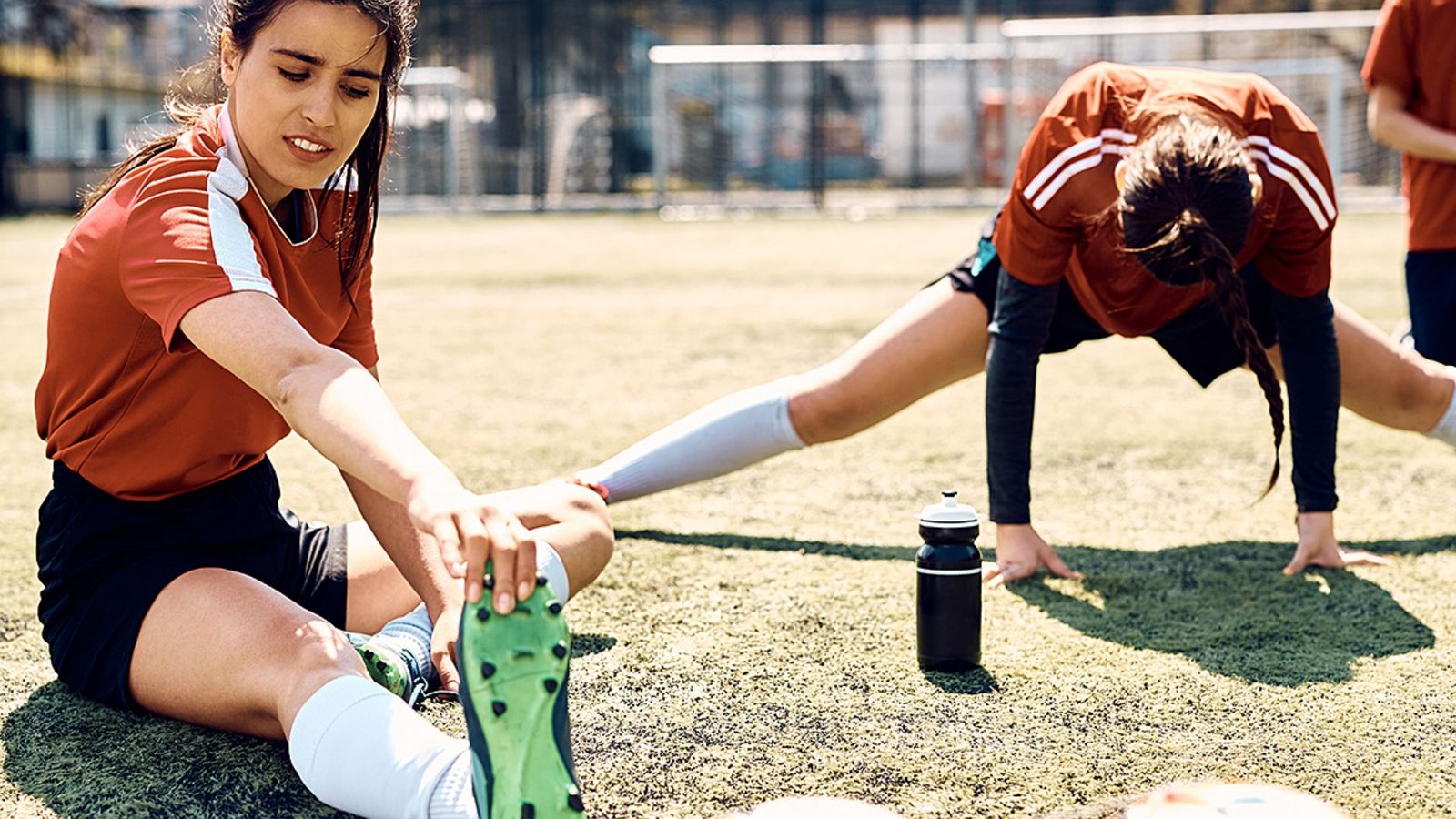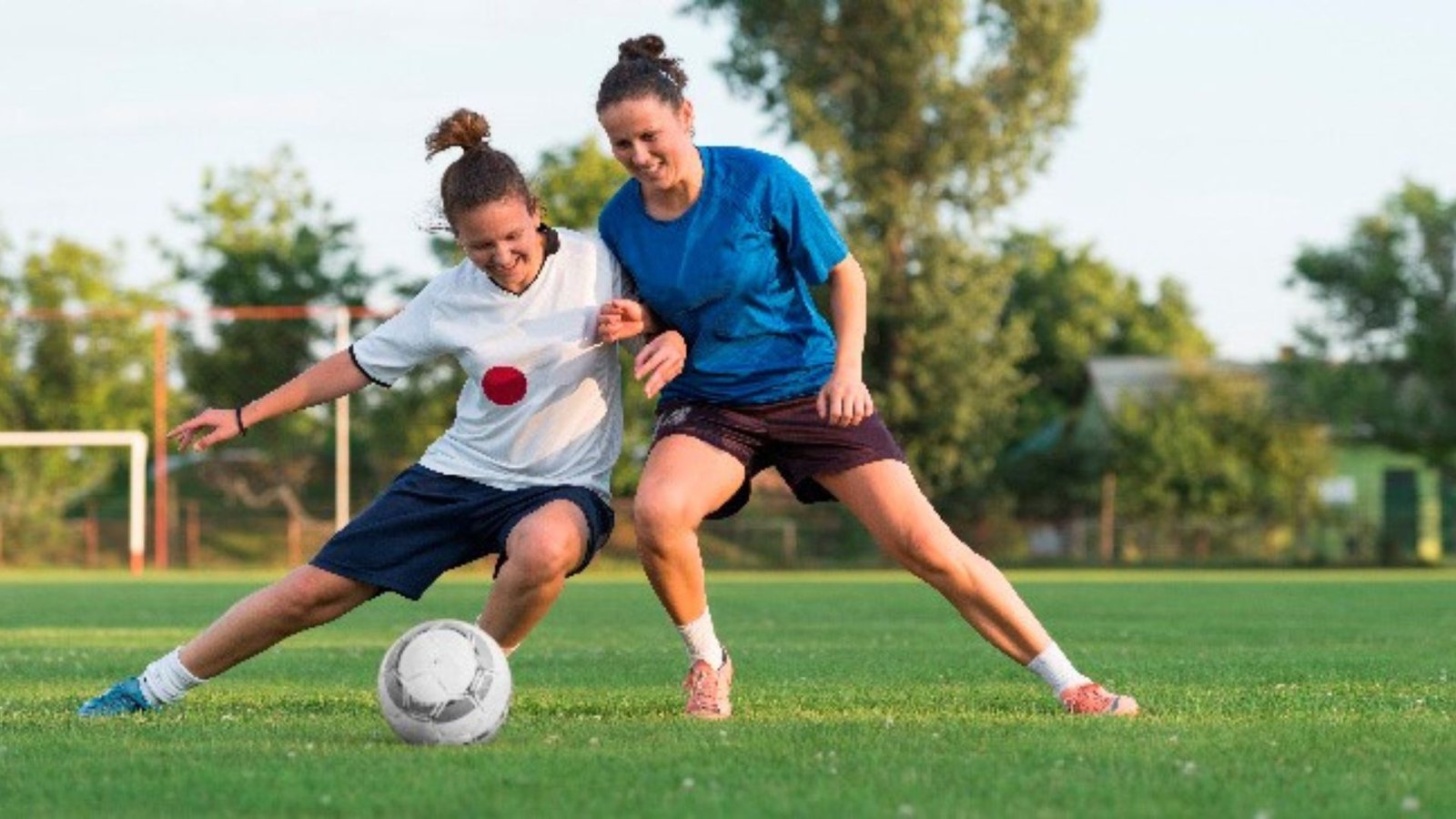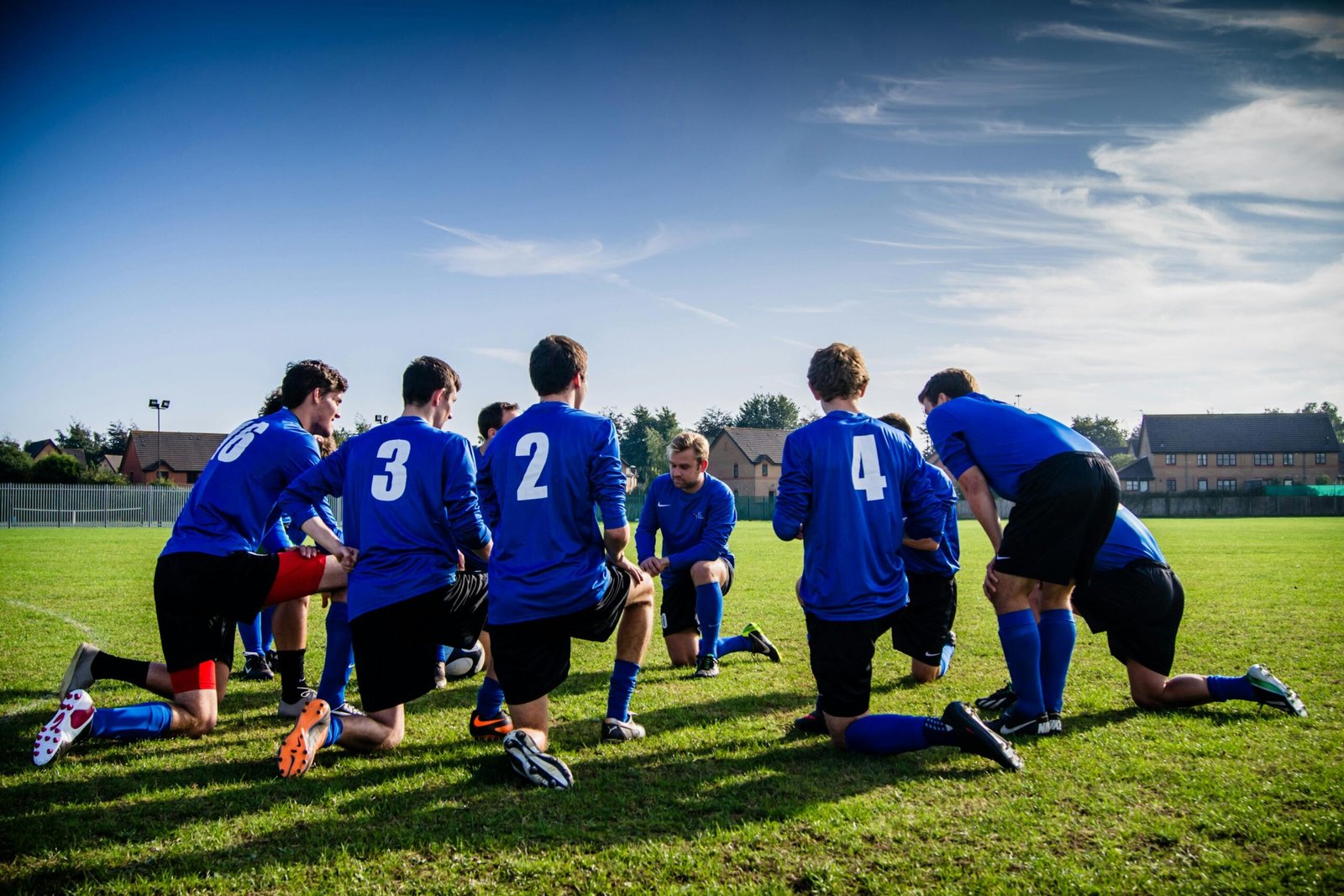When it comes to playing sports safely, taking precautions is essential for protecting yourself from injuries. Engaging in physical activities can be fun and rewarding, but it also comes with risks. By following some straightforward tips, you can reduce the chances of getting hurt and enjoy your favorite sports to the fullest. Let’s get into ten effective strategies for playing sports safely.
1. Wear the Right Gear
One of the most critical aspects of playing sports safely is wearing the appropriate gear. Depending on the sport, this might include helmets, pads, protective eyewear, or special shoes. For instance, a football player should wear a helmet and shoulder pads, while a cyclist should always use a helmet to protect their head. Wearing the right equipment can significantly reduce the risk of injuries.

2. Warm Up and Stretch
Before jumping into any game or practice, warming up is vital. A good warm-up increases blood flow to your muscles, making them more flexible and less prone to injury. Start with light cardio, like jogging or jumping jacks, followed by dynamic stretches that target the muscles you’ll use. This practice of warming up prepares your body for the demands of the sport, promoting safe play.
3. Stay Hydrated
Staying hydrated is crucial for everyone who plays sports. Dehydration can lead to decreased performance and increase the risk of heat-related illnesses. Drink water before, during, and after your activity, especially on hot days. If you’re playing in intense heat, consider sports drinks that replenish electrolytes lost through sweat. Keeping hydrated will help you maintain energy levels and focus, allowing you to play safely.
4. Know Your Limits
Understanding your own physical limits is essential when playing sports. Push yourself to improve, but listen to your body. If you feel pain, discomfort, or fatigue, it’s okay to take a break or sit out for a while. Playing through pain can lead to more severe injuries, which could sideline you for an extended period. Recognizing your boundaries allows you to play sports safely and sustainably.
5. Play Fair
Playing fair isn’t just about following the rules; it’s also about respecting your teammates and opponents. Avoid aggressive behavior that can lead to dangerous situations on the field or court. Playing with good sportsmanship helps create a safe environment for everyone involved. When players feel respected, they are more likely to focus on their skills rather than risky actions.
6. Practice Good Technique
Using proper technique in any sport is vital for minimizing injuries. For example, in sports like basketball or soccer, knowing how to land safely or perform a tackle can prevent strains and sprains. Consider taking lessons or attending workshops to learn the correct methods for your sport. Coaches can provide valuable insights into maintaining safety while improving your skills.
7. Play in a Safe Environment
Ensure that the playing area is safe before you start your game. Check for any hazards, such as uneven ground, debris, or poor lighting. If you’re playing on a field, make sure it’s well-maintained. If something seems unsafe, don’t hesitate to speak up or choose another location. A safe environment is essential for playing sports safely.
8. Take Breaks
Taking regular breaks during practices and games is essential for preventing fatigue. When players are tired, their focus and reaction times can decrease, leading to mistakes and potential injuries. Schedule short breaks to rest and recover, ensuring everyone stays alert and ready to play. This approach will help you and your teammates remain in top shape throughout the activity.
9. Know the Rules
Understanding the rules of your sport is crucial for both safety and fair play. Familiarize yourself with the regulations and guidelines, and make sure you and your teammates are on the same page. Knowing the rules can help prevent dangerous situations and promote safer play. If you’re new to a sport, consider attending a few sessions or watching games to get a better grasp of the rules.
10. Seek Medical Attention When Needed
If you do get injured while playing sports, seek medical attention right away, even if the injury seems minor. Early treatment can prevent further complications and help you recover faster. Make sure you inform your coach or teammates about any injuries so they can help you get the care you need. Playing sports safely means taking care of your body, even when accidents happen.
Conclusion
In conclusion, playing sports safely involves several key practices that can help protect you and your teammates from injuries. By wearing the right gear, warming up, staying hydrated, knowing your limits, and respecting the rules, you can create a safer environment for everyone. Remember, sports should be enjoyable, so prioritize safety to enhance your experience and performance.




